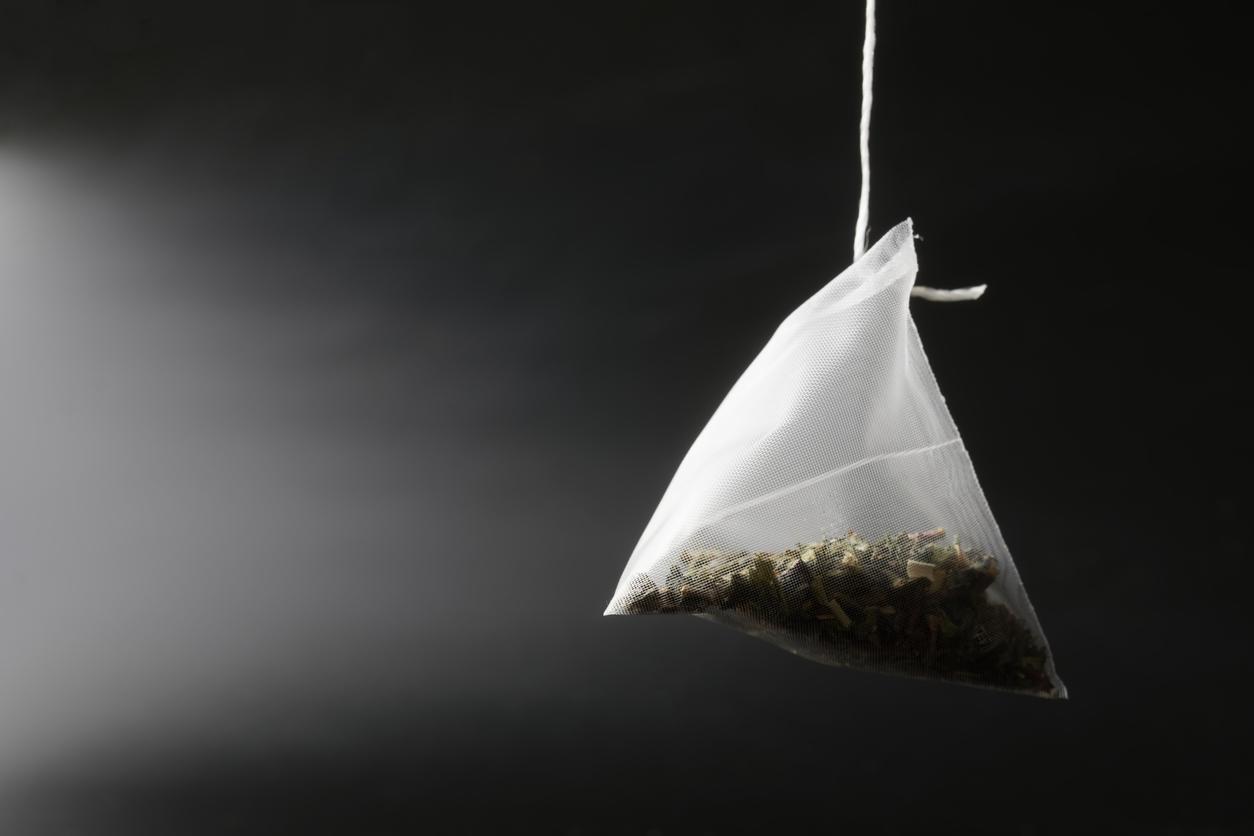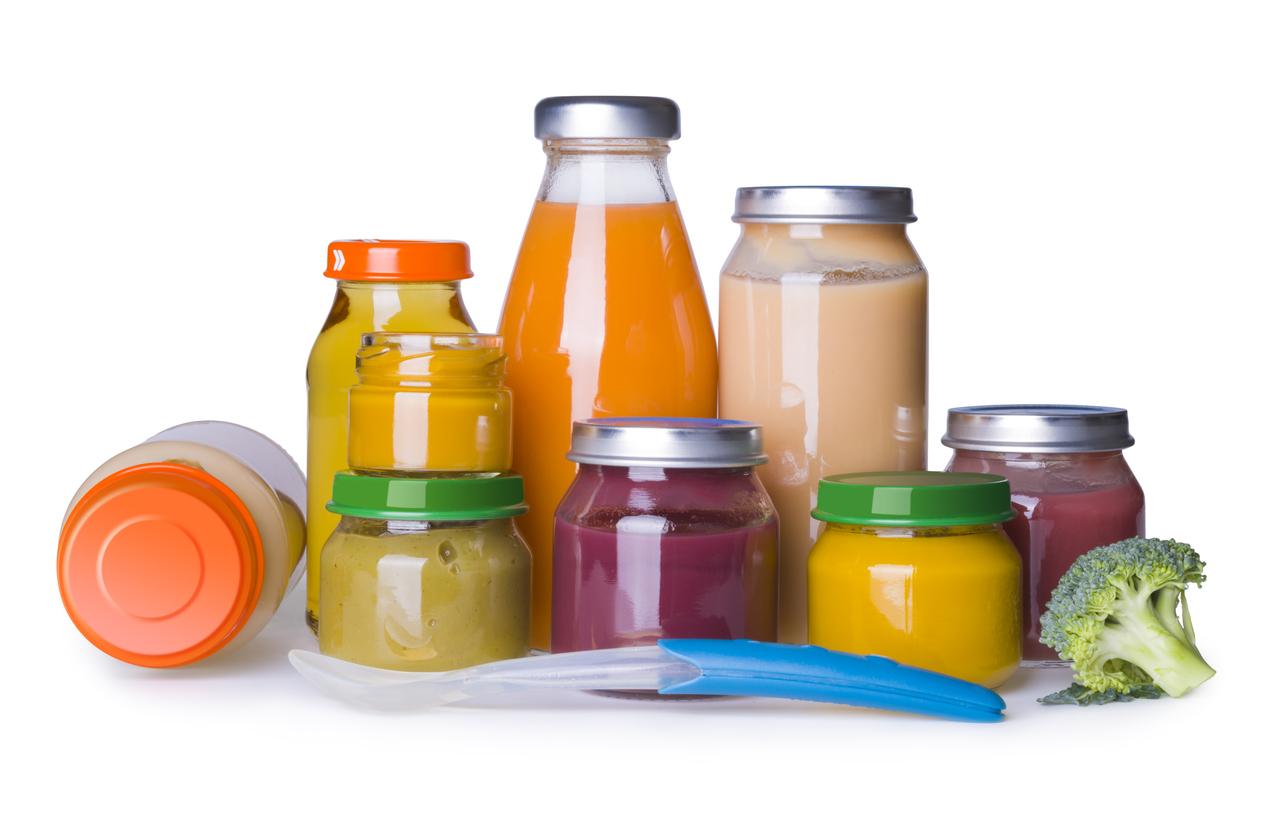The French retail brand has declared that it is recalling batches of Madrange brand ham. The latter have non-compliant salt levels, which increases the risk of botulism.

- Intermarché is recalling batches of Madrange white ham due to the risk of botulism they present.
- A rare but serious disease, botulism is caused by botulinum toxins produced by the bacterium Clostridium botulinum. It can lead to muscle paralysis and breathing difficulties.
If you are an Intermarché customer and have recently bought ham in one of its stores, be careful. Friday, October 15, the retail brand said it was recalling batches of the Madrange brand. These are packs of skinned, defatted, nitrite-free premium cooked ham in a three-slice pack.
In question, according to Intermarché, a level of salt in the product which does not comply, which can lead to the risk of botulism due to a lack of conservation. The barcode of the affected lots is as follows: 3180940089406.
Customers who have purchased these batches of ham are invited to return them to the store for a refund. The recall campaign began on Wednesday October 13 and will end on Sunday October 24.
What is botulism?
A rare disease resulting from the consumption of food contaminated with botulinum toxin produced by a bacterium called Clostridium botulinumbotulism is, according to ANSES (National Agency for Food, Environmental and Occupational Health Safety), “considered the most powerful poison that exists”.
Between 2013 and 2016, botulism affected 68 people in France, according to the French public health agency. In 2017, 5 patients were identified. A figure that has been decreasing for almost 30 years, since the incidence rate of the disease was 0.08 per million inhabitants in 2017 against 0.37 on average per year over the period 1991-2016. Despite these initially encouraging data, vigilance is required: “Botulism remains a rare pathology in France, but continued monitoring is necessary in order to identify early the possible emergence of a new type of toxin or the questioning of a new food”thus warns Public health France.
As the site says Government.consum.reminder, botulism results from a “sterilization process that has not been mastered”. Its symptoms generally appear between 12 and 72 hours after consumption of the contaminated food. These result in a “feeling of blurred vision”of “droopy eyelids”of “speech disorders”of “difficulty swallowing”of “dry mouth and muscle weakness”.
Toxins produced by pathogenic bacteria can cause, within 24 hours of eating the contaminated food, “gastrointestinal symptoms (diarrhea, stomach pain, nausea, vomiting), rarely accompanied by fever”further details the government website.
What foods are at risk?
Mortadella, raw, salted and dried ham, cold cuts (sausages, pâtés), preserved vegetables (such as asparagus, green beans, carrots, peppers, Greek olives, pumpkins, etc.), cured meats of beef, salted and dried fish, fish marinades, and finally fermented fish or seal meat, with vacuum packaging present a risk of botulism if the expiry date is exceeded or if the process storage has been altered. Since food that has not undergone a thorough sterilization process can be dangerous, the consumption of homemade canned vegetables and artisanal or family cold cuts should also be done with caution.
.
















